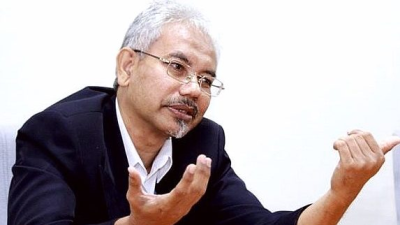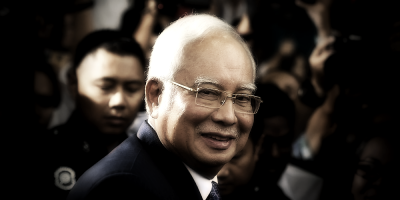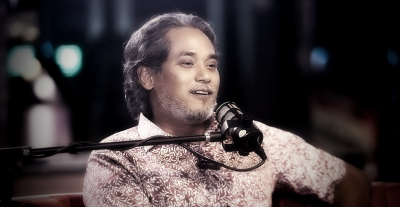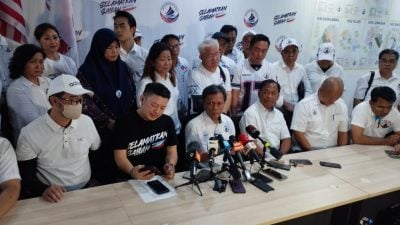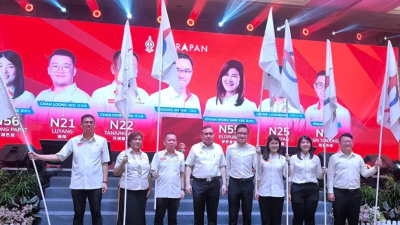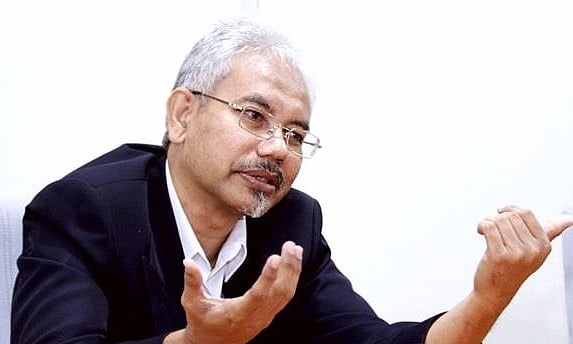
The state elections are just three or four months away. After the disastrous race and religious narratives presented by TikTok influencers blanketed the nation in the last GE15, I thought that some drastic things should have been done.
I have already written several articles to call on universities to start having forums and talks on relevant issues of the country as well as invite candidates for forums and discussions with students and academics.
I had used the phrase “pasar malam politics” in one of my articles to refer to the speeches of candidates in an election to the public in the ceramah, where no Q&A session is allowed.
Although there have been candidates being invited by civil society or arranged by their own political machinery to have a Q&A session with the public at hotels and other venues, my question is why not at universities?
In this article, I wish to outline the reason why I think public universities must play a significant and pivotal role in not only creating awareness among the young of politics and issues in the country, but it is also the guiding light for the public to make up their minds on what is important.
If public universities fail to do so, race and religious narratives will forever be the “stupid” issues that will determine the direction of the country, particularly in Malay-dominated West Malaysia.
I predict that these toxic race and religious issues will be the main problems of GE17 and onward for the whole Malaysia, including Sabah and Sarawak.
Why? Public universities are not functioning to produce graduates that can be good Malaysian citizens but barely passable engineers, architects and doctors.
Why must public universities be the main players and not private universities or other bodies?
Firstly, public universities are not on a survival mode like private universities. Private universities are always fearful that their licensing by the Ministry of Higher Education may be in jeopardy if they are seen to be stepping out of line.
Secondly, private universities’ survival also depends entirely on fees from students paid by the parents. Since parents only require their sons and daughters to “study, get a degree, buy a house and car and then start a family,” most parents do not care that their sons or daughters understand politics, be assertive on issues of nation-building or even have friends of other cultures. Just graduating and securing a job are all that matters.
That’s why in many of my public speaking sessions, I would blame Malaysian parents and not politicians because it is they who have created a citizenry of ignoramus children in terms of social and political awareness.
Public universities have no issues of survival or licensing and can be as mediocre or as extreme as they want in political and social issues.
How about other entities to start the political awareness?
There are no other entities that possess talents and numbers in the hundreds of thousands as in public universities to start the critical mass of social change.
Schools are ill-equipped to handle controversial and sensitive issues that universities are supposed to be the livelihood of intellectual development.
All new issues that are important are controversial because no one has heard of them. All meaningful issues threaten social and political change because that is what knowledge is fundamentally for.
Another important reason why public universities must be at the forefront of political and social change is….they are all funded by tax money of Malaysians.
Being a public servant requires the academics and leadership to look after the interest of the whole society and not just the careers of vice chancellors and professors.
In Islam, knowledge management for the betterment of society is the top most agenda of faith or iman, and changing the society is an ibadat or worship of the highest kind.
That is what I learned in the Islamic Reform movement which is akin to the idea of Anwar’s Madani Islam.
That is also why I am writing this article and had contributed 600 others in a span of 20 years.
As an academic, a Malaysian and a Muslim, I hold that responsibility topmost in my life KPI.
How would public universities create awareness in the graduates on the right social and political issues to replace the toxic narratives of some politicians using race and religious baiting as their modus operandi?
Firstly, election candidates can be invited to give talks on what each considers as important. The audience of academics and students can ply them with questions and the sessions can be moderated by an experienced professor who would control the debate’s temperature and matters raised in a professional and balanced way.
Secondly, a forum with three rival candidates can be invited to a roundtable discussion with senior academics who would do the asking and a limited time open to the audience for questions.
Thirdly, the student bodies can also invite candidates within a similar format as mentioned, with only students as the audience, moderators and discussants.
All these activities can run within the framework of the MPU or Matapelajaran Umum subjects.
Finally, a short course on the history and contributions of each major political party can be offered within a two-day seminar format. For instance a course on the History, Principles and Contribution of the Democratic Action Party can be offered with luminaries such as Lim Guan Eng, Lim Kit Siang, Dr. Aziz Bari, Zairil Khir Johari and Dr. P. Ramasamy as speakers.
I would definitely register for that course. Similarly the same course on Umno, MCA, MIC and other political parties older than ten years could also be invited.
Let us try to keep our issues in universities more than in pasar malam and the stupid world of TikTok.
Issues that would determine the future of our lives deserve a comfortable venue like the university, talented people to build questions and enough time than the 45-second TikTok nonsense.
(Prof Dr. Mohd Tajuddin Mohd Rasdi is Professor of Architecture at a local university and his writing reflects his own personal opinion entirely.)
ADVERTISEMENT
ADVERTISEMENT






